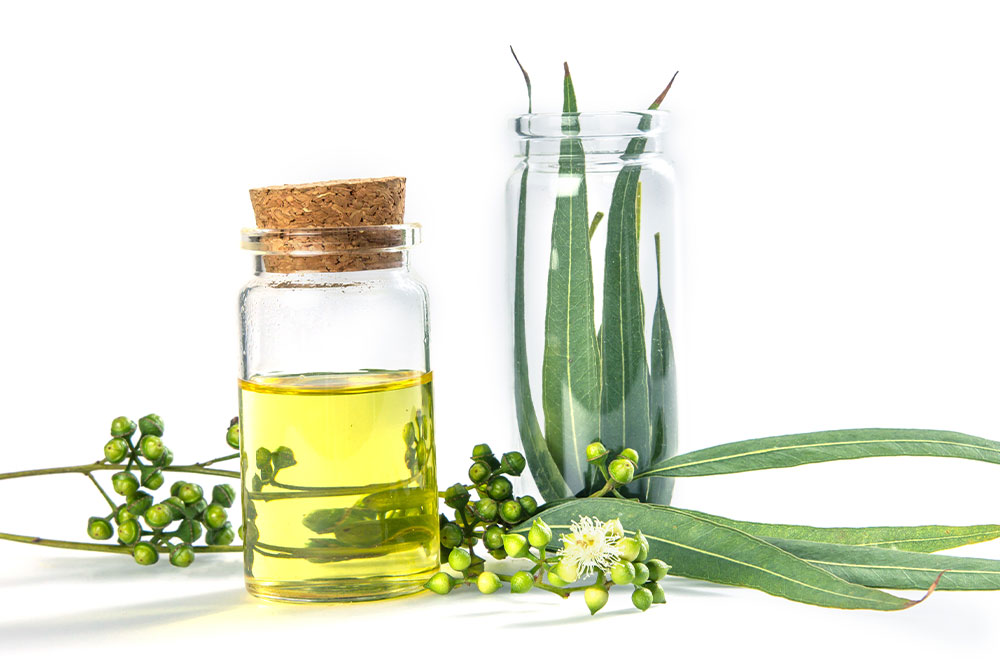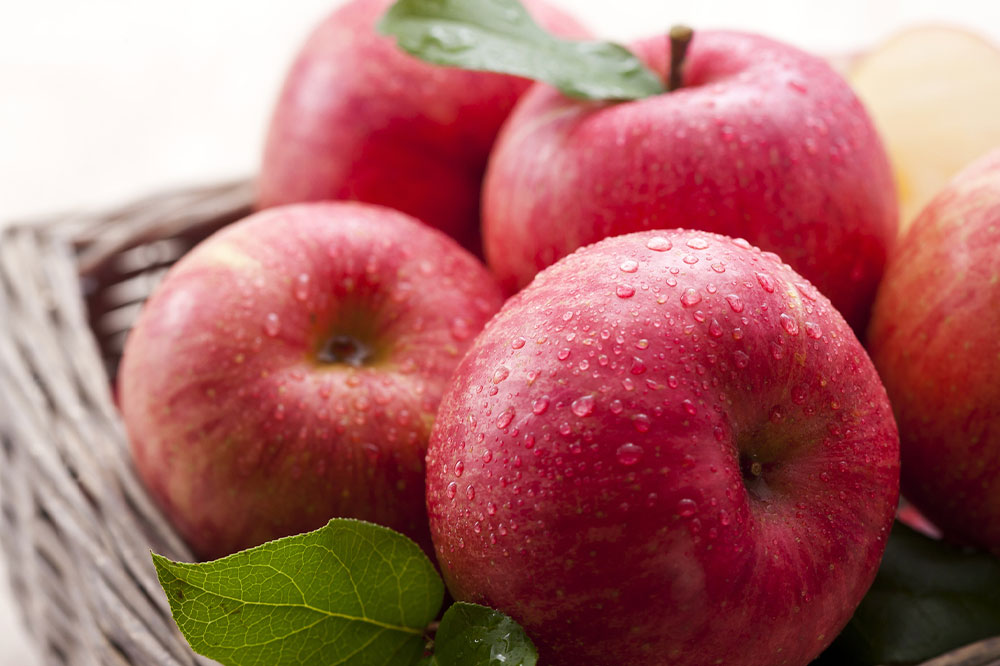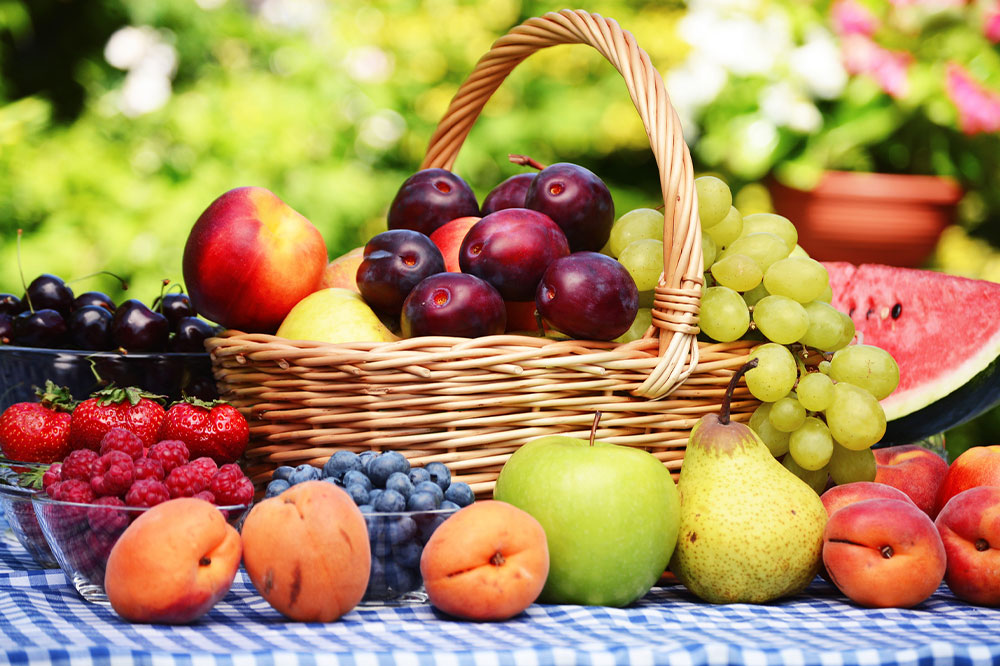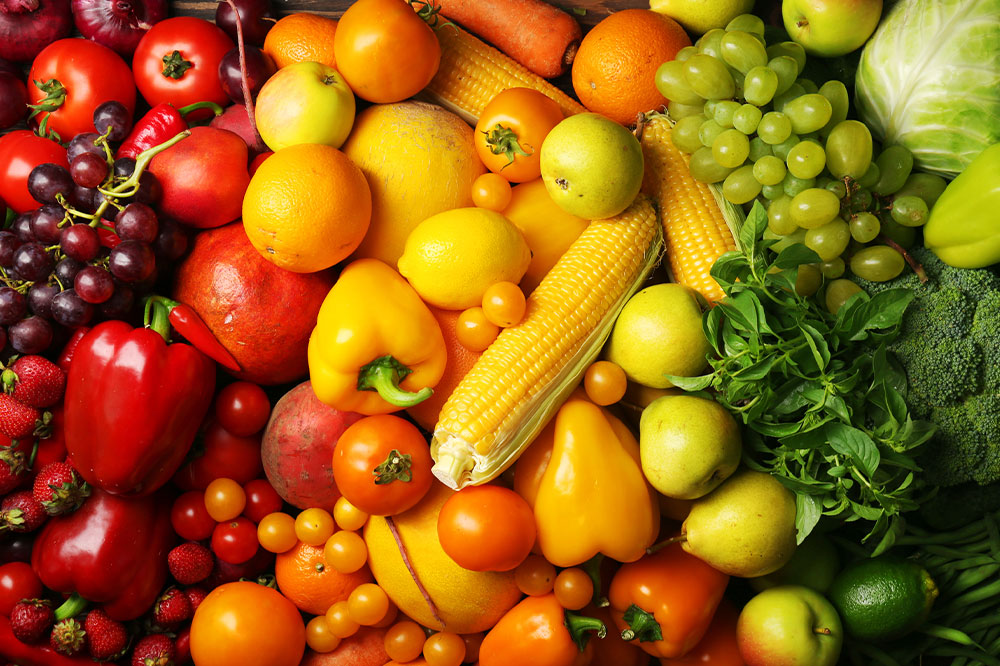3 foods to avoid for better lung health

Strengthening the lungs can help one avoid respiratory issues and diseases. Even when diagnosed with a lung-related illness, making significant changes to the lifestyle and food regimen can help people manage the symptoms and restore lung function. However, it is equally important to avoid the food items that damage these organs and cause issues like inflammation, sneezing, and wheezing. Here are a few foods to avoid to improve lung health:
Salty food
Foods with excessive salt should be avoided as their long-term consumption can have severe consequences on the overall health. Excess sodium in such food items can enlarge the muscles of the heart, cause headaches, increase blood pressure, and lead to a wide range of kidney-related issues like stones. Such foods can also have a negative effect on the health of the lungs and have been linked to an increased risk of bronchitis. Additionally, too much salt in meals can also worsen the symptoms of respiratory issues like asthma. This is because sodium can cause fluid retention, leading to shortness of breath in those with lung diseases. To reduce its intake, one should start by limiting salt in their meals and instead add more herbs and spices as seasoning.







